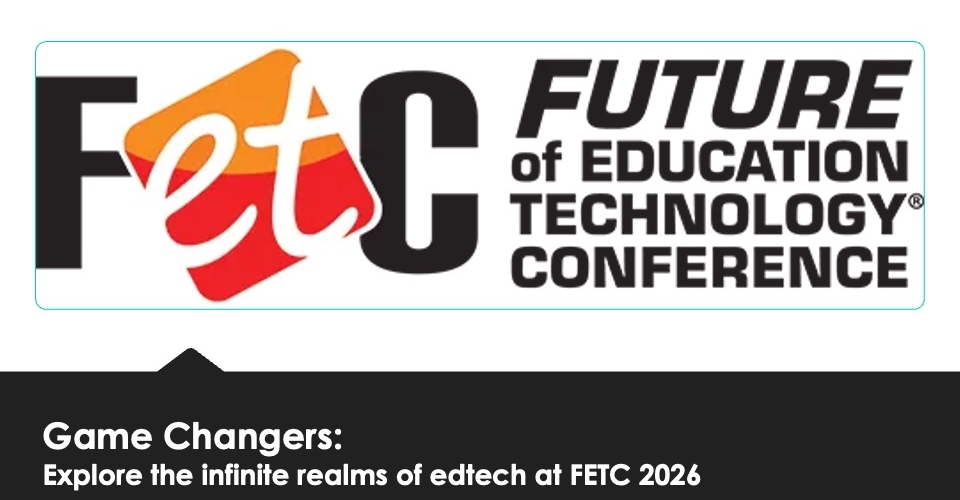The conversation surrounding education in America typically skews negative. Topics centered on funding, student mental health, dropping test scores and school safety dominate headlines while positive achievements go mostly unnoticed.
This imbalance creates a perception that our education system is failing, overshadowing the remarkable successes happening daily in public schools across the country.
Dr. Shari Camhi, former superintendent of Baldwin Union Free School District and president emeritus of AASA, The Schools Superintendents Association, offers a powerful perspective. She poses essential questions challenging the negative narrative:
- How can public schools be failing when the nation consistently produces top-rate universities, and is known for our prolific technological advancements?
- Why is enrollment in Advanced Placement courses on the rise? If we were failing our students, this would surely not be the case.
- Why are standardized tests, developed decades ago, still the primary measure of today’s public-school success?
While the media often highlights crises and controversies, schools across the country are nurturing student development, fostering innovation and creating impactful change.
Shifting the focus: Highlighting educational successes
To change the public education narrative, educators, administrators and institutions must actively promote their successes. This is not just about sharing feel-good stories, but about accurately representing the complete story about education today.
PR plays a vital role in amplifying these achievements, ensuring that success stories reach stakeholders who matter most: parents, students, educators, local community leaders and taxpayers at large.
Positive storytelling is critical to ensure the morale of educators who are in short supply and tasked with important jobs of inspiring learners and impacting students, donors, volunteers, partners, taxpayers and policymakers.
Consistently disseminating your good news recognizes authentic achievements and ensures a balanced and accurate view of education, one that recognizes the challenges and the triumphs.
Events with powerful visuals designed to showcase learner accomplishments, innovative programs and experiential courses offer excellent opportunities for news coverage and community engagement. There are many examples of how schools, with or without the assistance of an education PR agency, can develop strategic, “mediagenic” campaigns that maximize storytelling success.
Positioning teachers as thought leaders
As a 2022 Psychology Today article expresses, teachers have a lasting impact on students’ lives. Moreover, many acknowledge that they are unsung heroes whose contributions commonly go unnoticed amid the noise of negative headlines.
Education communicators must, therefore, ensure their stories of dedication and passion are brought to the forefront.
Teachers are on the frontlines of implementing new methodologies, assessing what truly works, and advocating for student-centered approaches that challenge outdated norms. By sharing their insights, innovative practices and successes helping young people become committed to lifelong learning, their contributions can help promote careers in teaching and contribute to shaping more modern education policies that inspire systemic change.
Whether through speaking opportunities, authoring articles, participating in media interviews or sharing their work on social media, teachers’ voices are essential in advancing discussions about the future of education and enhancing its impact on learners everywhere. Thought leadership and PR can elevate these voices, positioning educators as subject matter experts, cheerleaders for our kids and changemakers.
Promoting mental health and wellness initiatives
Education extends beyond academics. Schools are increasingly stepping up to support the mental health and wellness of their students.
According to the 2023 Youth Risk Behavior Survey Data Summary & Trends Report conducted by the CDC, the percentage of U.S. high school students who have experienced poor mental health in the 30 days prior to being given the survey remained steady at 29% from 2021 to 2023. Because the issue persists, the importance of sustained mental health support in schools is imperative.
These initiatives can take many forms such as dedicated wellness centers, partnerships with local mental health organizations, peer-led support programs, expanded counseling staff, mindfulness training, and incorporating lessons into curriculum that help build resilience among our vulnerable and impressionable youth.
Just as importantly, schools are finding innovative ways to remove the stigma around mental health by normalizing open conversations and making resources accessible without barriers.
Highlighting progress is essential for raising awareness and encouraging further investment in student wellness initiatives. Schools that share their successes in this area can inspire other institutions to implement similar strategies designed to enhance school community well-being.
Leveraging awards and recognition in education storytelling
Schools can enhance their reputations by celebrating achievements through awards and recognition. Highlighting accolades, community service projects, innovative programs, and high graduation rates can generate positive media attention and reinforce the institution’s commitment to excellence.
These achievements can also be featured in promotional materials, social media campaigns and earned media efforts to strengthen the school’s brand and appeal—especially as public schools are now competing for budget dollars with private and charter schools.
Creating a balanced narrative for public education
Ultimately, transforming the public perception of education requires consistent, intentional storytelling. Public schools, charter and private schools, and higher education institutions must share their successes and emphasize the good work they perform throughout the school year.
By promoting positive storytelling and securing widespread media coverage of these successes and achievements, public schools can foster an accurate, balanced narrative. When done right, public relations rebuilds trust, inspires community support, and reinforces the essential role of education in shaping the future.



